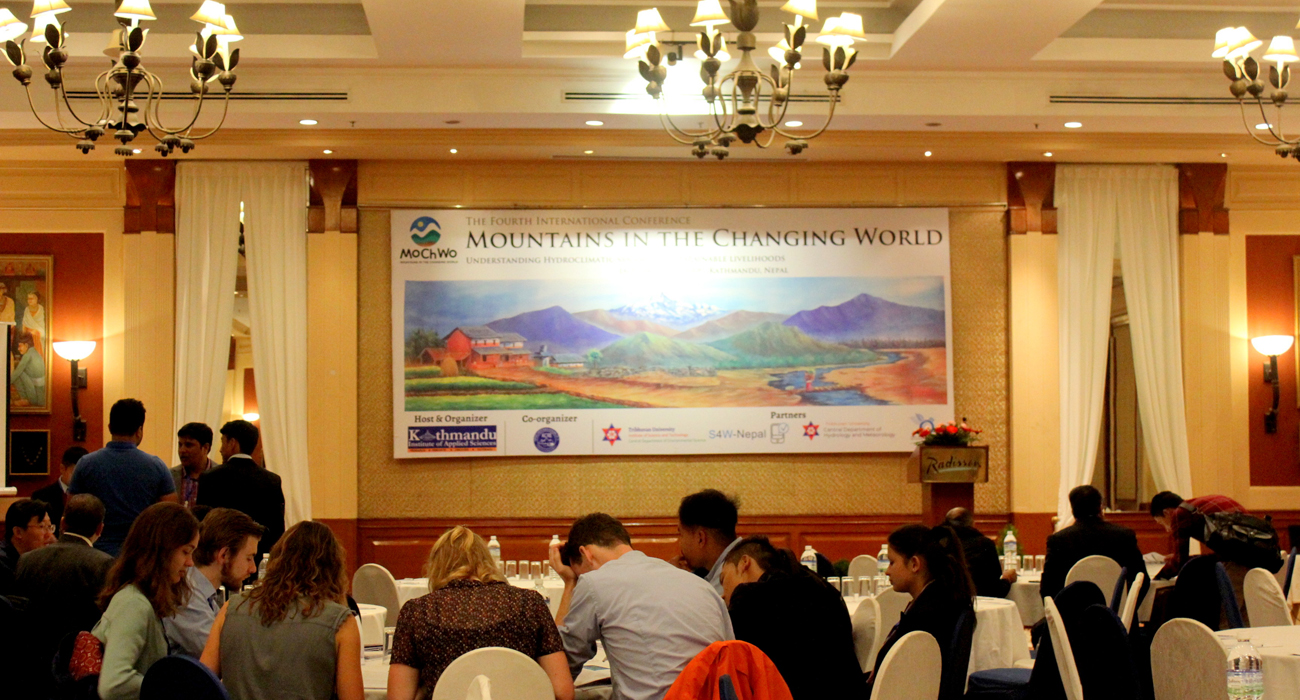News & Activities
Research Coordination Meeting for Drought Assessment Concluded in Dhaka Bangladesh

By Eva Kafle
On the morning of 22nd August 2019, a team from Kathmandu Institute of Applied Sciences (KIAS) along with collaborators from Nepal Water Conservation Foundation and Nepal Academy of Science and Technology (NAST), Tribhuvan University (Nepal), Sikkim University (India), Centre for Climate Research and Development (CCRD Pakistan), Khulna University (Bangladesh), Gorakhpur Environmental Action Group (GEAG Gorakhpur), were joined by a distinguished delegation of guests consisting of the acting ambassador of Nepal to Bangladesh, his excellency Mr Dhan bahadur Oli, Prof.Dr Yasushi Yamaguchi of Nagoya University, Dr Sinichi Sobue, of JAXA, Academician of NAST and Ex-Minister of Water Mr.Dipak Gyawali, Prof.Dr. Md. Giashuddin Mia of Bangabandhu Sheikh Mujibur Rahman Agricultural University and Dr Mizan R Khan of the International Centre for Climate Change and Development (ICCCD).
The purpose of this gathering was a research co-ordination meeting for an Asia Pacific Network for Global Change Research (APN) funded research project; “Improving Assessment of Drought and Its Impact on Food and Water Resources”, in which Principal Investigator Dr Hemu Kharel Kafle and her team of regional collaborators from Bangladesh, Pakistan, India and Nepal aim to analyse and eventually evaluate the effects of drought in order to be able to create a lasting positive impact on a world addled with various climate change issues that are putting us all at risk. The two-day meeting yielded discussions on both the technical aspects of drought assessment and its impact as well as the socio-economic aspects of climate change, with Mr. Gyawali and Dr Rudra Bahadur Shrestha, Senior program specialist, policy planning of SAARC Agricultural Centre, leading the discussion on extreme climate, crop production, society and policy in South Asia.

In order to fully accomplish their goal, the team will first develop a suitable model to analyze and monitor the drought patterns of South Asian Countries (on a regional scale) through remote sensing satellite data. This is highly important because there has been no development of such a model so far that allows for high-level drought assessment on such a large scale. After the development of this model, the team will proceed to assess the occurrence of drought from the last 30 years (1987-2017). This assessment will be followed by the evaluation of the impact of drought on food and water resources in drought-prone areas, through which they will be able to create a baseline database of drought events, its impact on food and water resources and investigate traditional coping methodologies to explore any possible control or mitigation measures. The project will conclude with capacity building programmes of local community members, stakeholders and policymakers for the effective implementation of the results in real life.


